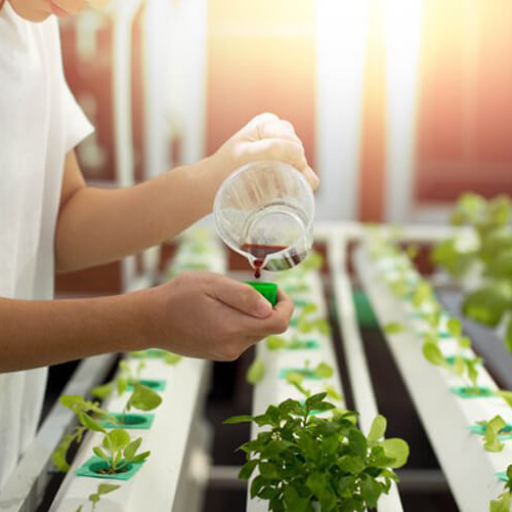Organic hydroponic nutrients are becoming increasingly popular among growers who prioritize sustainability and want to avoid synthetic chemicals. This method combines the benefits of hydroponics – such as water conservation and controlled nutrient delivery – with organic ingredients that are free from pesticides and other harmful substances.
By using organic hydroponic nutrients, growers can ensure that their plants are receiving all the essential nutrients they need to thrive without compromising on their commitment to environmental responsibility. With a growing emphasis on organic farming practices, organic hydroponic nutrients offer a convenient and efficient solution for producing healthy, sustainable crops

Benefits of Organic Hydroponic Nutrients
One of the key advantages of using organic hydroponic nutrients is the assurance that plants are receiving clean and natural elements necessary for their growth. Unlike synthetic alternatives, these organic nutrients are free from harmful chemicals, making them a safer choice for both the environment and consumers. By opting for organic hydroponic nutrients, growers can promote healthy ecosystems while producing high-quality, nutrient-dense crops.
In addition, organic hydroponic nutrients can help improve the flavor and nutritional value of crops, as plants absorb nutrients more efficiently when they are provided in a natural form. This can result in tastier fruits and vegetables that are not only better for the environment but also for those consuming them. With the demand for organic produce on the rise, utilizing organic hydroponic nutrients is a smart choice for growers looking to meet consumer preferences while maintaining sustainable farming practices. Overall, the use of organic hydroponic nutrients offers a multitude of benefits for both growers and the environment, making it a viable option for those seeking a healthier and more eco-friendly approach to growing crops.





















